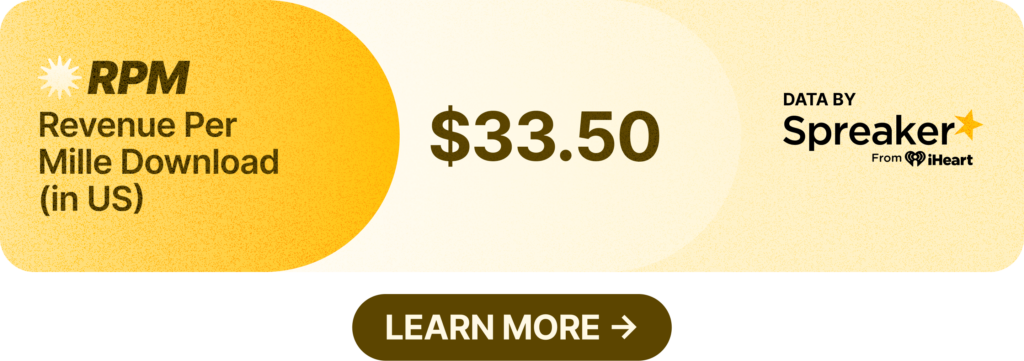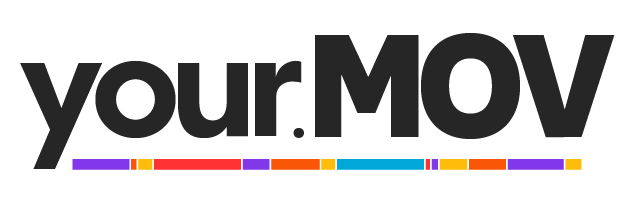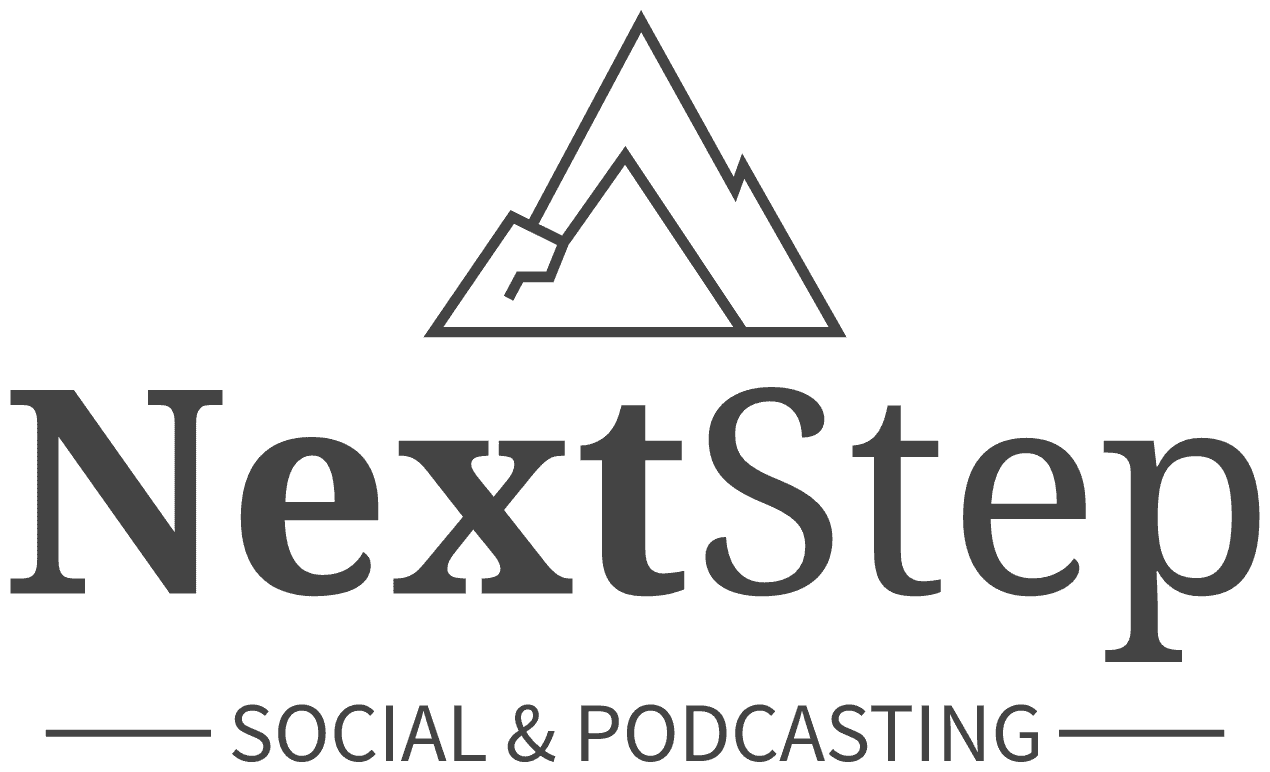Most streaming music tracks do not reach monetisation threshold by Ella Sagar
Back in November, Spotify announced a change to music royalties on their platform intended to stop bad actors gaming royalty systems. Under the new rules, tracks that get less than a thousand streams in the previous 12 months do not qualify for payout. Luminate’s 2023 edition of the Year-End Music Report found 86.2% of tracks do not meet that threshold. This will likely lead to a shift in how advertising interacts with artists. Whether that means a more concerted push to up Spotify numbers to meet the minimum threshold, or a move towards other streaming platforms or directly selling music remains to be seen. [Source]
Brands Are Getting Shy On DEI, But Reaching Diverse Audiences Is Still Good Business by Anthony Vargas
The further 2020 fades into the rearview mirror, the more agencies and publishers seem to backtrack on diverse hiring initiatives and fulfilling DEI (Diversity, equity, and inclusion) motivated spending commitments. A few success stories have come out of the moves to support more diverse companies, including the exponential growth of the minority-owned DSP and SSP Digital Direct Holdings. While DDH has fared well, minority-owned publishers are having trouble getting enough visibility that buyers know their inventory exists. The problem then becomes getting buyers to look for the smaller, more focused companies that can deliver a better ROI with their engaged, often underserved audience. [Source]
Why Personalized Ads Go Wrong And How To Do Them Right by Hana Yoo
Brands are beginning to experiment with using generative AI to produce personalized ads. While there are positives when such concepts work, when they don’t work, they really don’t. One instance given is that of passive personalization, such as a couple receiving ads for baby products because an AI figured out the pregnancy before the couple had publicly discussed it. One example of ways to implement a similar system in a person-forward manner is luxury hotels. The system can do the grunt work of logging and recalling a regular guest’s preferences and requests, allowing the workers to pre-emptively prep a room to the guest’s liking. Similar arrangements are already possible in podcasting, with tools like Frequency and Hindenburg allowing for a human to record dozens of segments for a single ad that’s then automatically assembled on delivery by a system looking at contextual data. [Source]
…as for the rest of the news: Magellan has published their rankings of top podcast advertisers for December 2023, Brian Morrissey reflects on what media publishing might look like if the current billionaire-supported model falls apart, and Sounder has a free live webinar next Tuesday with Bryan Barletta on open APIs.










































































































































































































